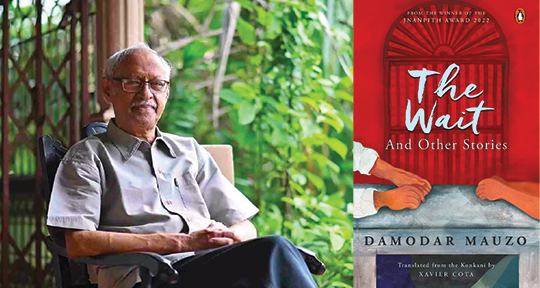For this week’s Translation Tuesday, we bring you an excerpt from Hong Kong novelist Lo Yu, translated from the Chinese by Fion Tse. In this short, plainspoken tale, an unnamed member of the Hong Kong diaspora travels to Paris to spend Christmas with her girlfriend, all the while haunted by thoughts of another lover, her “Hong Kong girlfriend” who she has left behind in London. Lo Yu’s prose has an urgent, almost frantic quality, which perfectly captures both the desperation of the narrator’s girlfriend, terrified of being left for another woman, and the despair of the narrator herself, who has only just realized that her Hong Kong girlfriend regards their relationship as more than a fling. In a bittersweet allusion to the surrealist paintings of René Magritte, the narrator finally understands how mistaken she has been. Read on!
You, Your Girlfriend, Your Hong Kong Girlfriend
Perhaps you’re already on the EuroStar to Paris, hurtling towards the city you were born in. Next to you is your girlfriend, elegant yet lost. You have yet to break up. You’re headed to her family home because it’s Christmas, and Europeans celebrate Christmas with family. And of course she wouldn’t dare to leave you on your own for Christmas Eve, Christmas Day, and Boxing Day, all alone in London.
You probably won’t go back to your family home in Paris, possibly to avoid Cantonese—because when you talk to your family, you’re reminded of that Hong Kong girlfriend, like a character in the Hong Kong shows Grandma likes to watch.
How many girlfriends do you really have?





